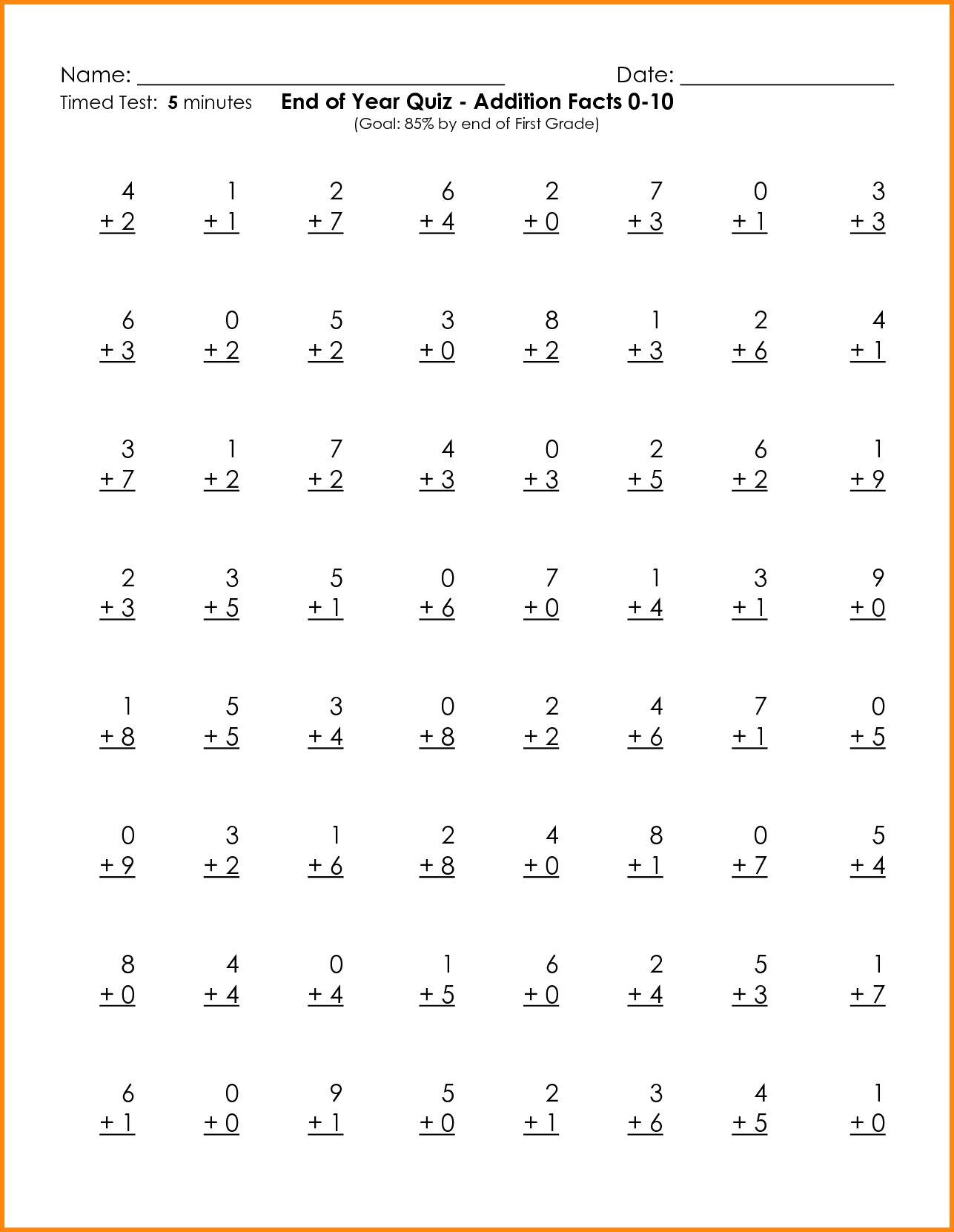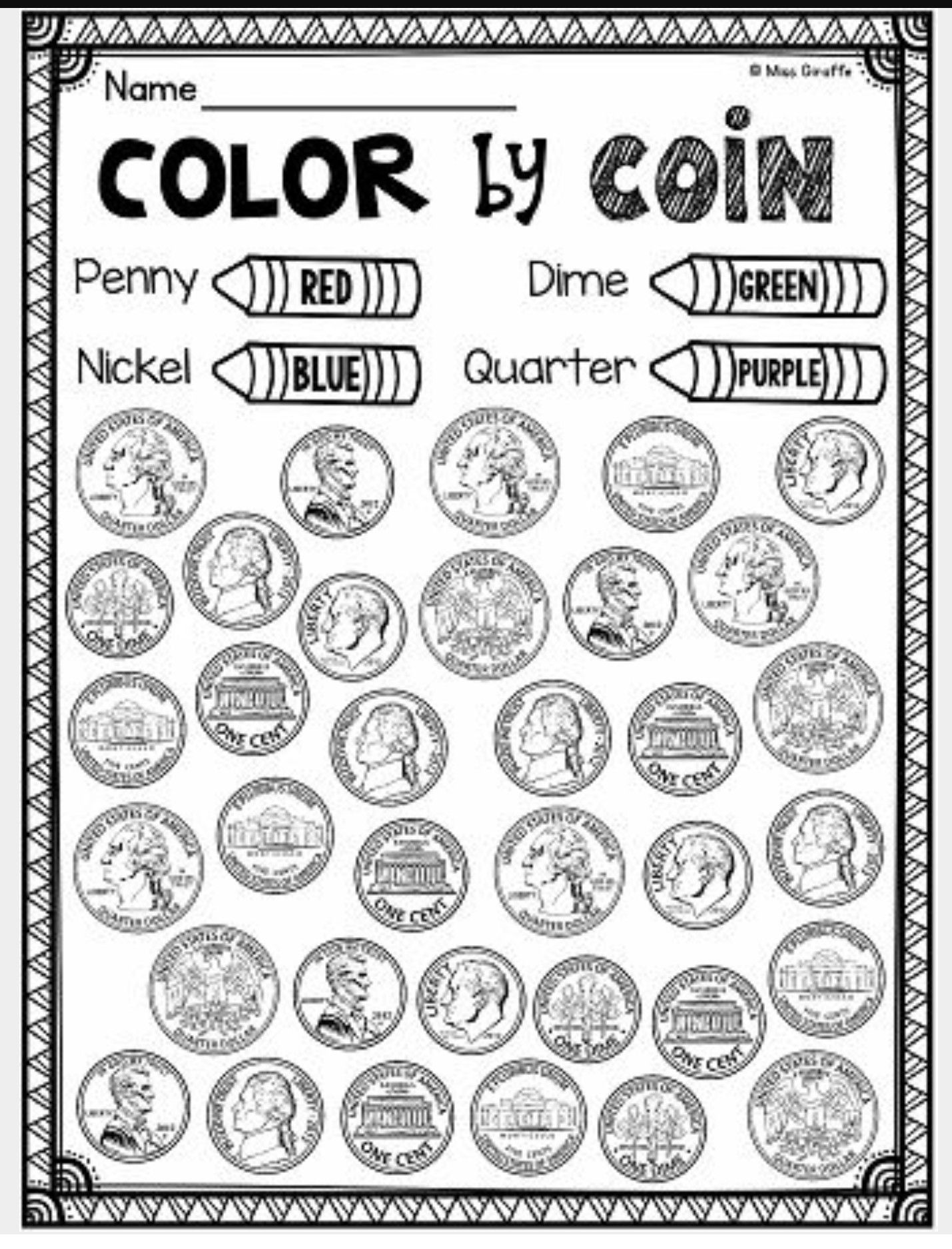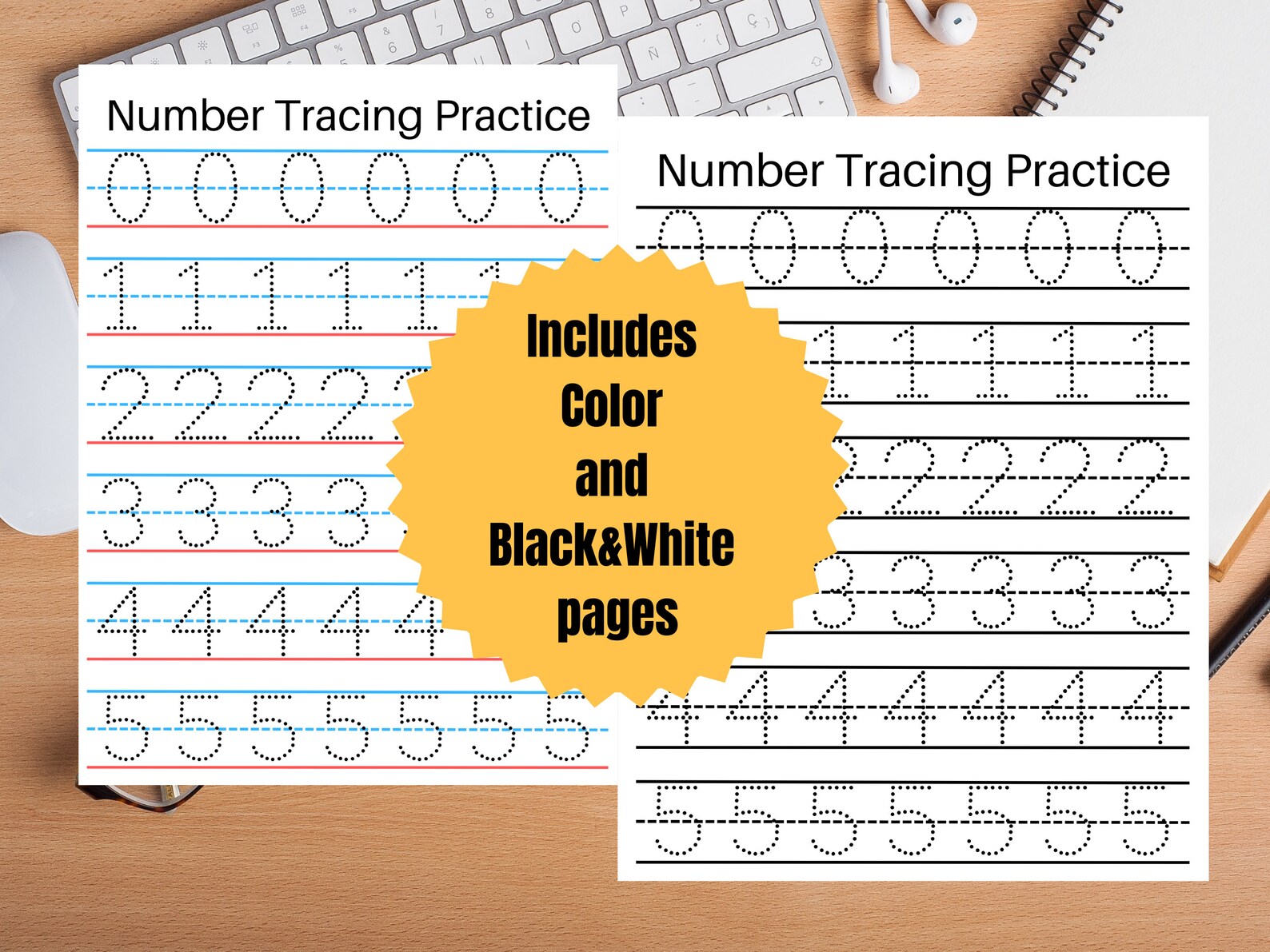5 Ways to Master Inflectional Endings
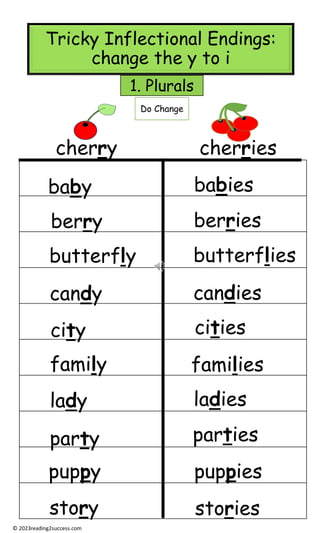
As a student of linguistics or a language learner, mastering inflectional endings can be a daunting task. Inflectional endings are the suffixes added to the base form of a word to indicate grammatical function, such as tense, case, number, and person. In this blog post, we will explore five ways to help you master inflectional endings and take your language skills to the next level.
Understanding Inflectional Endings
Before we dive into the five ways to master inflectional endings, let’s first understand what they are and how they work. Inflectional endings are a crucial part of language, as they help to convey meaning and context. In English, for example, the verb “walk” has different inflectional endings to indicate tense, such as “walk” (present), “walked” (past), and “walking” (present participle).
Inflectional endings can be categorized into several types, including:
- Verbal inflection: indicates tense, mood, voice, and aspect
- Nominal inflection: indicates case, number, and gender
- Adjectival inflection: indicates degree of comparison
5 Ways to Master Inflectional Endings
Now that we have a basic understanding of inflectional endings, let’s explore five ways to master them.
1. Learn the Patterns
Inflectional endings often follow patterns, and learning these patterns can help you to recognize and use them correctly. For example, in Spanish, the verb “hablar” (to speak) has a consistent pattern of inflectional endings to indicate tense:
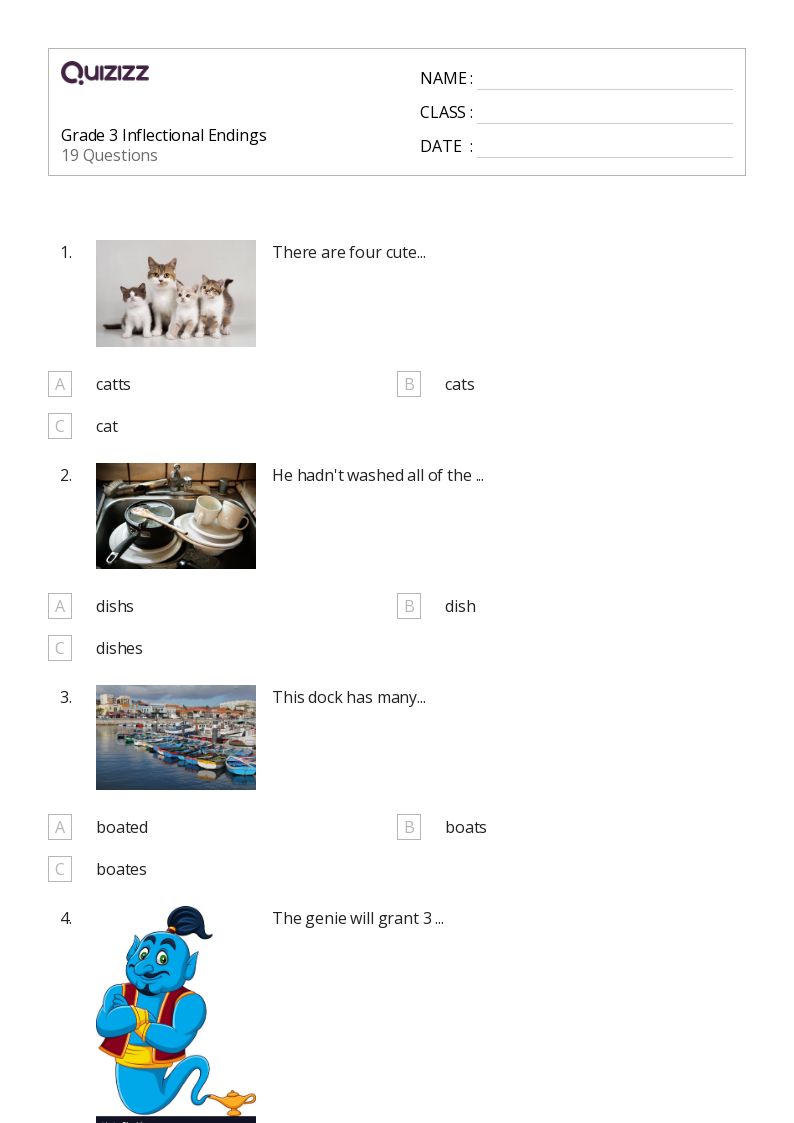
| Tense | Inflectional Ending |
|---|---|
| Present | -o |
| Preterite | -é |
| Imperfect | -aba |
| Future | -é |
By learning these patterns, you can apply them to other verbs and improve your language skills.
2. Practice with Flashcards
Flashcards are a great way to practice inflectional endings in a fun and interactive way. You can create physical flashcards or use apps like Anki to create digital ones. Write the base form of a word on one side and the inflectional ending on the other. Quiz yourself by covering the inflectional ending and trying to recall it.
Example Flashcard:
Front: walk (base form) Back: -ed (past tense inflectional ending)
3. Use Online Resources
There are many online resources available to help you master inflectional endings. Websites like Quizlet and LanguageTool offer interactive exercises and quizzes to help you practice. You can also use online language courses like Duolingo and Babbel to learn and practice inflectional endings in a structured and engaging way.
4. Read and Listen to Native Speakers
Reading and listening to native speakers can help you to get a feel for how inflectional endings are used in context. Read books, articles, and news in the target language, and listen to podcasts, music, and conversations. Pay attention to how inflectional endings are used to convey meaning and context.
5. Practice with Sentence Building
Building sentences is a great way to practice inflectional endings in context. Start with simple sentences and gradually build up to more complex ones. Use online resources or language learning apps to get started.
Example Sentence:
“Yesterday, I walked (past tense inflectional ending) to the park.”
By practicing sentence building, you can improve your language skills and master inflectional endings.
📝 Note: Mastering inflectional endings takes time and practice. Be patient and consistent, and you will see improvement over time.
Inflectional endings are a crucial part of language, and mastering them can help you to take your language skills to the next level. By learning patterns, practicing with flashcards, using online resources, reading and listening to native speakers, and practicing with sentence building, you can improve your language skills and become more proficient in your target language.
What are inflectional endings?
+Inflectional endings are the suffixes added to the base form of a word to indicate grammatical function, such as tense, case, number, and person.
How can I practice inflectional endings?
+You can practice inflectional endings by learning patterns, using flashcards, practicing with online resources, reading and listening to native speakers, and building sentences.
Why are inflectional endings important?
+Inflectional endings are important because they help to convey meaning and context in language. Mastering inflectional endings can help you to improve your language skills and become more proficient in your target language.
Related Terms:
- Inflectional endings worksheet PDF
- Inflectional endings worksheet 3rd grade
- Inflectional endings worksheet free
- Inflectional endings worksheet 2nd Grade
- Inflectional endings worksheet 1st Grade
